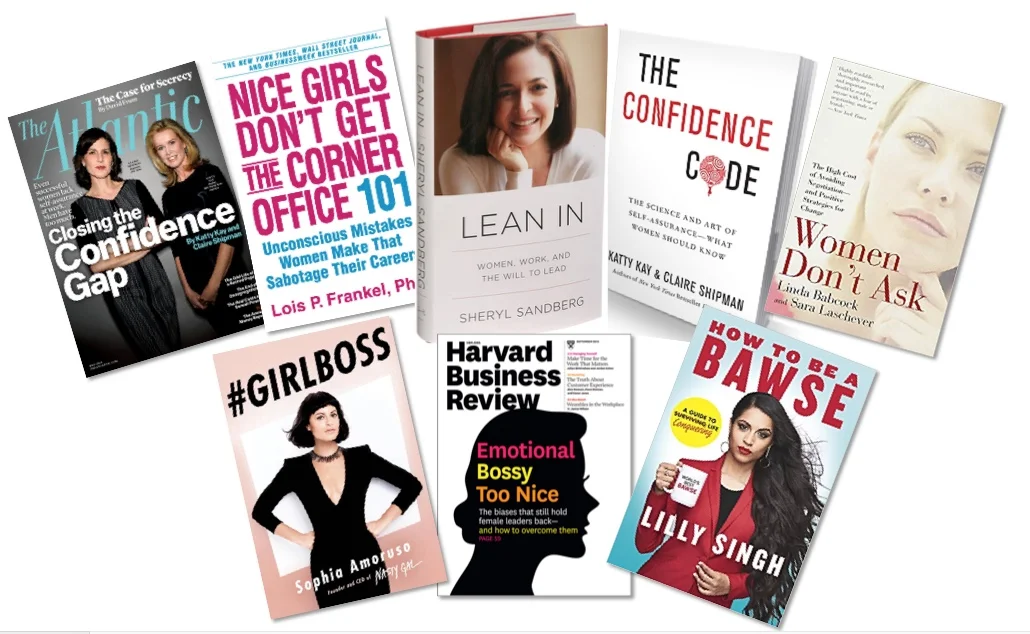The Education Equity Coalition, under the auspices of VCOSS, has recently launched the Stronger Schools campaign. This coalition comprises a range of social service, youth, and education agencies, and has collaborated to create an action plan for inclusive education. The eight components that make up the platform are designed to address holistic, comprehensive support that will support all children and young people to stay engaged in education.
For girls and young women, there are often unique challenges to school engagement. While they tend to overall be more engaged and receive better grades than boys and young men, research indicates that their wellbeing is plummeting – including reductions in physical, emotional and mental health outcomes. Recent research into supporting the ‘middle years’ finds that key components to supporting girls and young women in this age group is to increase their agency, and to treat them with respect. This includes providing accessible and reliable information on a range of tricky topics, some of which (such as sexting) were not issues for previous generations.
Today’s blog, written by Maddy Crehan (@Maddy_Crehan) at the Victorian Women’s Trust (@VicWomensTrust), highlights an innovative program that seeks to address this challenging terrain by providing teachers with lesson plans for tackling such issues as healthy relationships, creating and sustaining positive friendships, looking after mental health, and ethical consumerism. Known as Rosie in the Classroom (@RosieRespect), this educational resource kit supports best practice in the classroom, stemming from a foundation of equality and empowerment.
Read More















